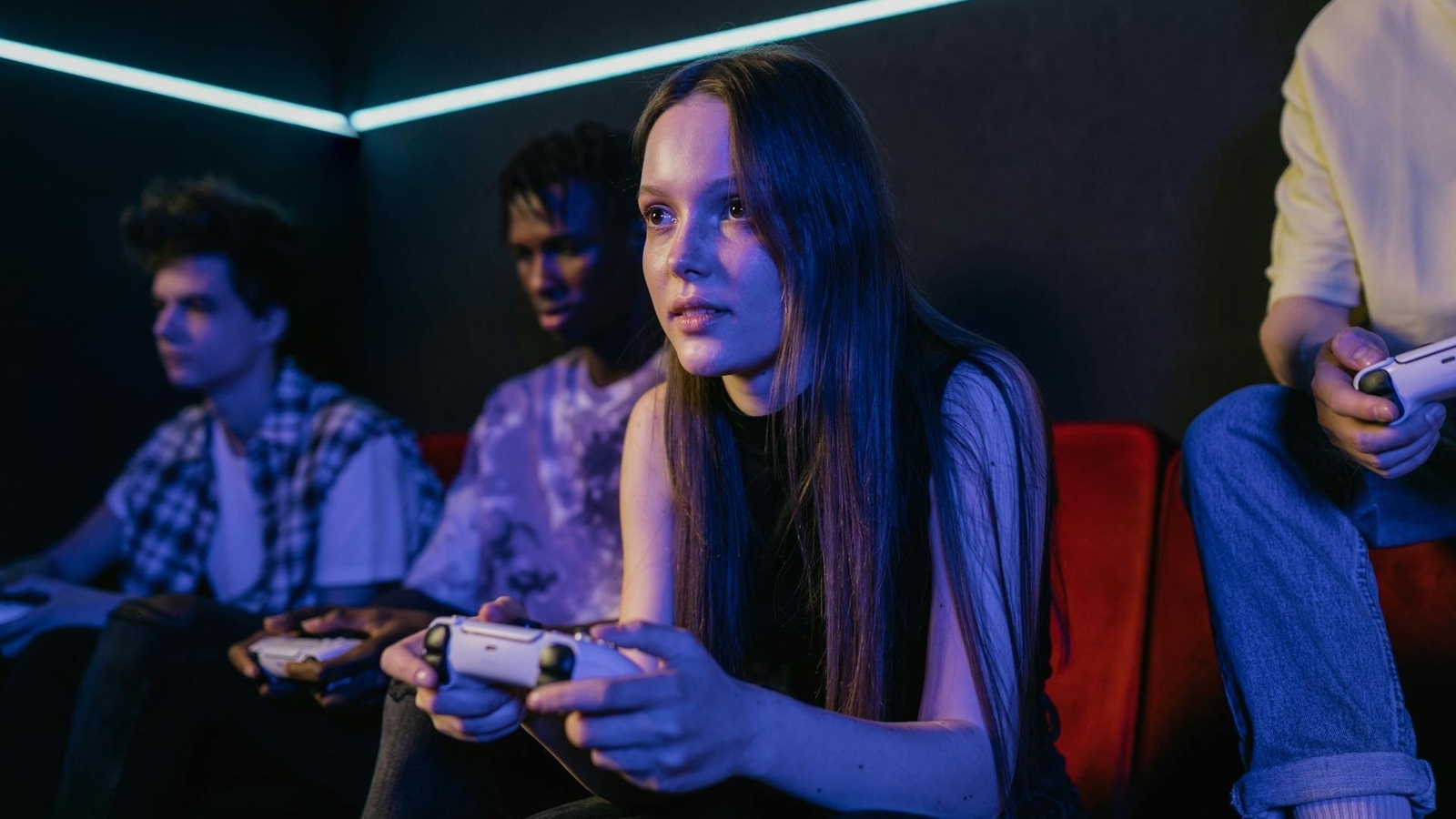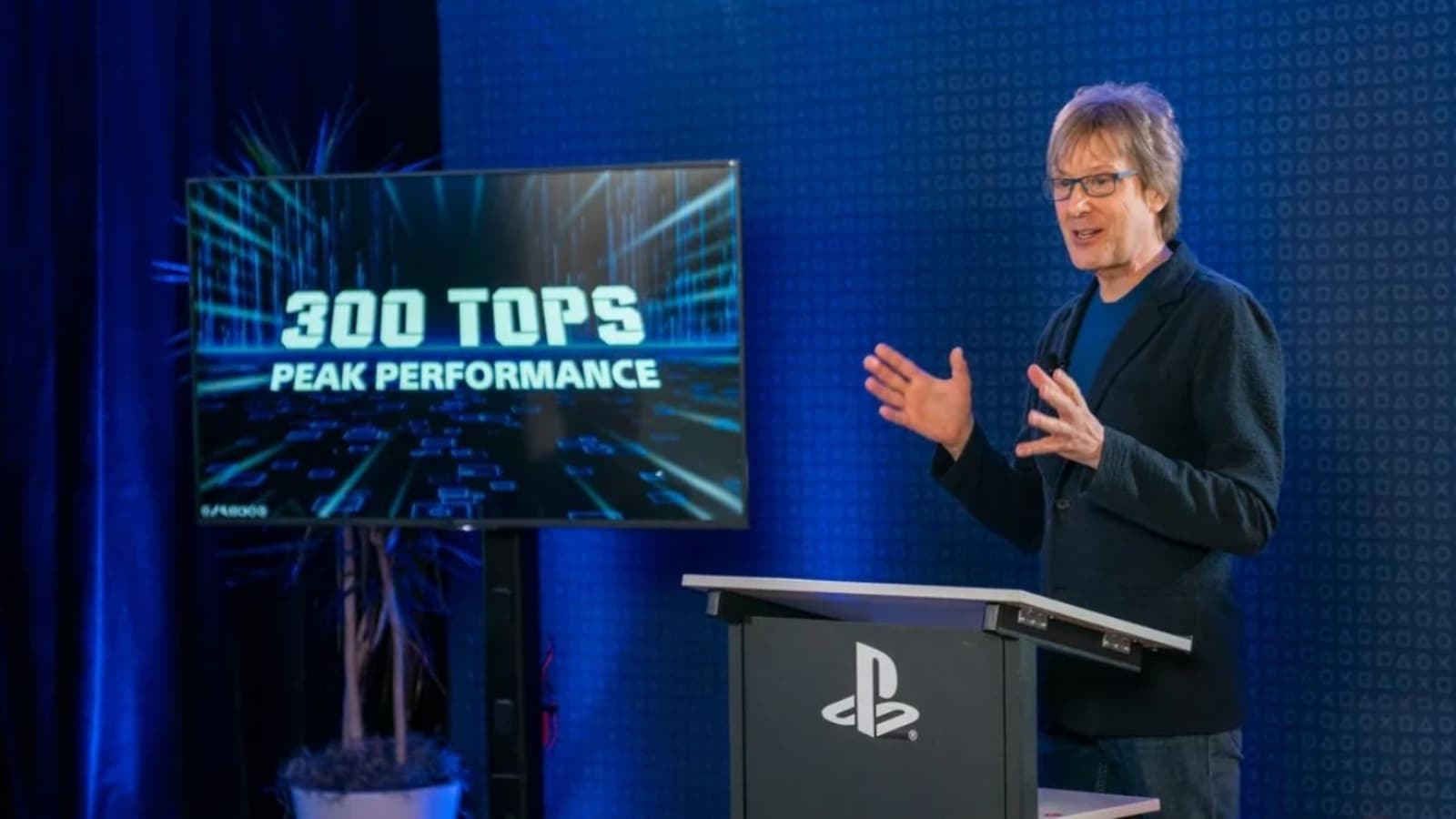Verdict
The Bowers & Wilkins Px7 S2e are even better than their predecessors with a more consistent noise-cancelling performance and enhanced sound quality. They’re not the best at noise-cancelling but the wireless performance, battery life, call quality and comfort levels all impress. For those in need of excellent sound on their journeys, these are a superb over-ear pair.
Pros
- Spacious, clearer sound than previous model
- More consistent ANC performance
- Strong wireless performance
- Excellent call quality
- Comfy fit
-
Enhanced DSPMore detail, more spacious, more dynamic -
Battery life30 hours battery -
Wireless performanceCompatible with aptX Adaptive
Introduction
Taking inspiration from its speakers, Bowers & Wilkins has updated its Px7 S2 with a new model in the Px7 S2e.
The ‘e’ stands for evolved, but the changes for Px7 S2e have brought it closer to the top tier Px8 with an upgraded digital signature processing to give audio a boost.
Rather sensibly, Bowers & Wilkins has not bumped up the price like many other headphone brands, and side-stepped any form of built-in spatial audio. I liked the Px7 S2 but are the Px7 S2e even better?
Design
- Lovely, premium looks
- Improved comfort
- Physical buttons
Arguably on the design front, not much as changed from the PX7 S2 to the Px7 S2e. The shape remains the same, the wider headband is still here as are the oval earcups – and yet for whatever reason, I find the Px7 S2e fit better on my head than the previous model.
This is especially pertinent as far as the noise-cancellation is concerned. Where the previous model allowed external sound to leak through whenever I turned my head, the sense of isolation is better with the S2e. When turning my head on the Tube now there’s no leaking inwards of outside noise, which makes for a much better seal. Otherwise, everything else appears to be exactly the same.

They are headphones that can be folded flat to sit in the carry case but not collapsed inwards. They remain a very elegant and sleek pair; the black version comes with white trims that emphasises its minimalist appearance. There’s more choice in terms of colours with white (or gray) and black joined by fetching red, green and blue options.
Comfort levels remain high, and there’s the preference from physical buttons, all of which are in the same place as before and make operating the headphones a very tactile experience. Though I still wish the multi-function button was raised a little higher to make it more obvious.
There’s no 3.5mm port but the S2e do ship with a USB-C cable and another that terminates in a 3.5mm connection for plugging into a wired source.

Features
- Customisation through Music app
- aptX Adaptive support
- 30 hours battery
Bowers & Wilkins doesn’t tend to chase figures as far as noise-cancelling is concerned but it does state that the feature is competitive enough. Its the sound quality that’s the priority. If it’s ANC that you’re after then the Bose QuietComfort Ultra Headphones or the Sony WH-1000XM5 are both better options.
What you do get with the Px7 S2e is not bad – in fact it’s very good. On a plane it’s not up to the Sony’s levels but it gets rid of the cabin noise easily enough, and it’s held up well on public transport. It’s much better than the Px7 S2 on the Underground thanks to closing up those leaky gaps, and in general it’ll quieten most places you venture into though not to the level of Bose.
The Transparency mode works like a charm, letting voices through clearly and naturally, and in terms of filtering outside noise in, it does so without sounding, well, noisy.

The battery life hasn’t changed so it’s still 30 hours in total, as is the fast-charging stats with a 15-minute charge boosting the Px7 S2e’s stamina by seven hours. The battery drain I carried out over three hours (with volume around 50%) saw the headphones drop only 3% when paired with an Android phone. I imagine with an AAC connection the battery falls a bit faster than on an aptX Adaptive one.
Call quality on full-sized headphones will always be better than a true wireless or on-ear pair, but the S2e’s performance is as good as you can get. Voice pick-up is good, the person on the other end said I sounded like myself and the noise-cancelling keeps background intrusions to a minimum.
I can’t recall any issues with the wireless performance, which is in league with other Bowers & Wilkins headphones, the Px7 S2e stick steadfast to their mission of maintaining an unbroken signal from your device to the headphones. That’s aided and abetted by their support for aptX Adaptive if you have an Android device. There’s also aptX HD, aptX, AAC, and SBC depending on your device’s capabilities.

The Bowers & Wilkins Music app serves as your only means of customising the performance of the headphones but in truth there’s not much personalisation. You can customise treble and bass from -6dB to 6dB but there’s no custom EQ available.
The wear sensor functionality offers three levels of tweaking: low, normal, and high, and the performance does appear to be better than it was initially on the Px7 S2. The S2e respond a little quicker and don’t seem to be fooled by me moving my head from left to right. I’d recommend the normal setting but the high setting proves the most responsive.

Other means of customisation include the Quick Action button, which you can change from Environment Control (basically noise-cancellation) or enabling your device’s voice assistant. Note that there isn’t a built-in functionality for the likes of Alexa or Google with these headphones.
Otherwise the USP of the app is in collating some of your favourite streaming services into one place. There’s support for Qobuz, Deezer, and Tidal among a few others, while unsupported services can be played through their native apps. The Music app is a nice one to use, the more curated approach to recommending music does feel like you’d get a wider range of tracks than with a service that mainly serves up your own tastes, though it’s worth mentioning that these playlists and recommendations come straight from the music services you’ve linked to the app.
Sound Quality
- Expressive, natural performance
- Smooth vocal quality
- Slightly placid delivery at default volumes
The Px7 S2 were a fine sounding pair of over-ears, offering a well modulated sound that was both expressive and natural. What do I make of the Px7 S2e? Well, more of the same.
The Px7 S2e still use the same custom-designed 40mm drive units, which are angled to carry a more natural and “immersive” sound to your ears. The changes Bowers & Wilkins claim that it’s made are to do with the DSP (digital signal processing) to provide added detail, dynamism and spaciousness.
All of that rings true. Queuing up Hard Life’s Skeletons and when comparing the same track on the Px7 S2, the soundstage is much wider than it was before, making the previous headphones seem more narrow and compact. Instruments sound bigger, there’s a wider spread in terms of where voices and instruments are placed within the soundstage, which has the added effect of giving them more room to breathe.

Another positive of the bigger soundstage is that the level of detail seemed to have been upped. The S2e sound a little clearer, which I imagine is in part due to the better sense of separation between individual elements.
Before on the Px7 S2, Karen O’s voice in Y Control felt a little sandwiched between the guitars and drums in the middle of the soundstage. Now that there’s more room and more space to hear her vocals among other elements in the track, it not only feels more spacious but more defined and clearer too. There same is true for Esperanza Spalding’s voice in I Know You Know – the Px7 S2e seem more able to pick out her voice and bring it closer to the ears than their predecessor could.
The character of the headphones’ sound doesn’t appear to have altered too much. There’s a slither more depth to the soundstage, high frequency notes that sound clearer (again, perhaps down to that more spacious soundstage) in GoGo Penguin’s Atomised; while low frequency notes in Bodyrox’s dance track Yeah Yeah have more depth and richness, the Px7 S2e flexes its bass muscles with a bit more punch to give bassy tracks more energy. It all adds up to a better sound.

They’re a dab hand at communicating the difference between quiet and loud too, Joe Hisaishi’s A Symphonic Celebration album with the Royal Philharmonic Orchestra sounds a little more expressive in travelling that line between loud and quiet and vice versa than the (still admittedly good) Px7 S2. The end result is that the Px7 S2e build on their impressive predecessor with an even better performance.
Latest deals
Should you buy it?
Final Thoughts
The Px7 S2 improved on what came before and so have the Px7 S2e. They are a more expansive, clearer and detailed listen; as well as being able to cancel noise with more consistency than the older model.
There isn’t the same level of energy as the Sony WH-1000XM5 or the smoothness communicated by the Sennheiser Momentum 4 Wireless if that’s what you’re looking for; but the poise and elegance of the Px7 S2e’s sound is a real treat to ears. The likes of the Sonos Ace and Dyson OnTrac could learn a few lessons in terms of the free-flowing and musical sound on offer here.
They’re a classy update on an already impressive pair of headphones and when you add in their excellent wireless performance, long battery life, super levels of comfort and call quality, the Bowers & Wilkins Px7 S2e are one of the finest over-ear headphones at their price.
How we test
We test every headphones we review thoroughly over an extended period of time. We use industry standard tests to compare features properly. We’ll always tell you what we find. We never, ever, accept money to review a product.
Find out more about how we test in our ethics policy.
Tested across several months
Tested with real world use
Battery drain carried out
FAQs
The battery life is the same as it was on the Px7 S2, which is 30 hours.

























